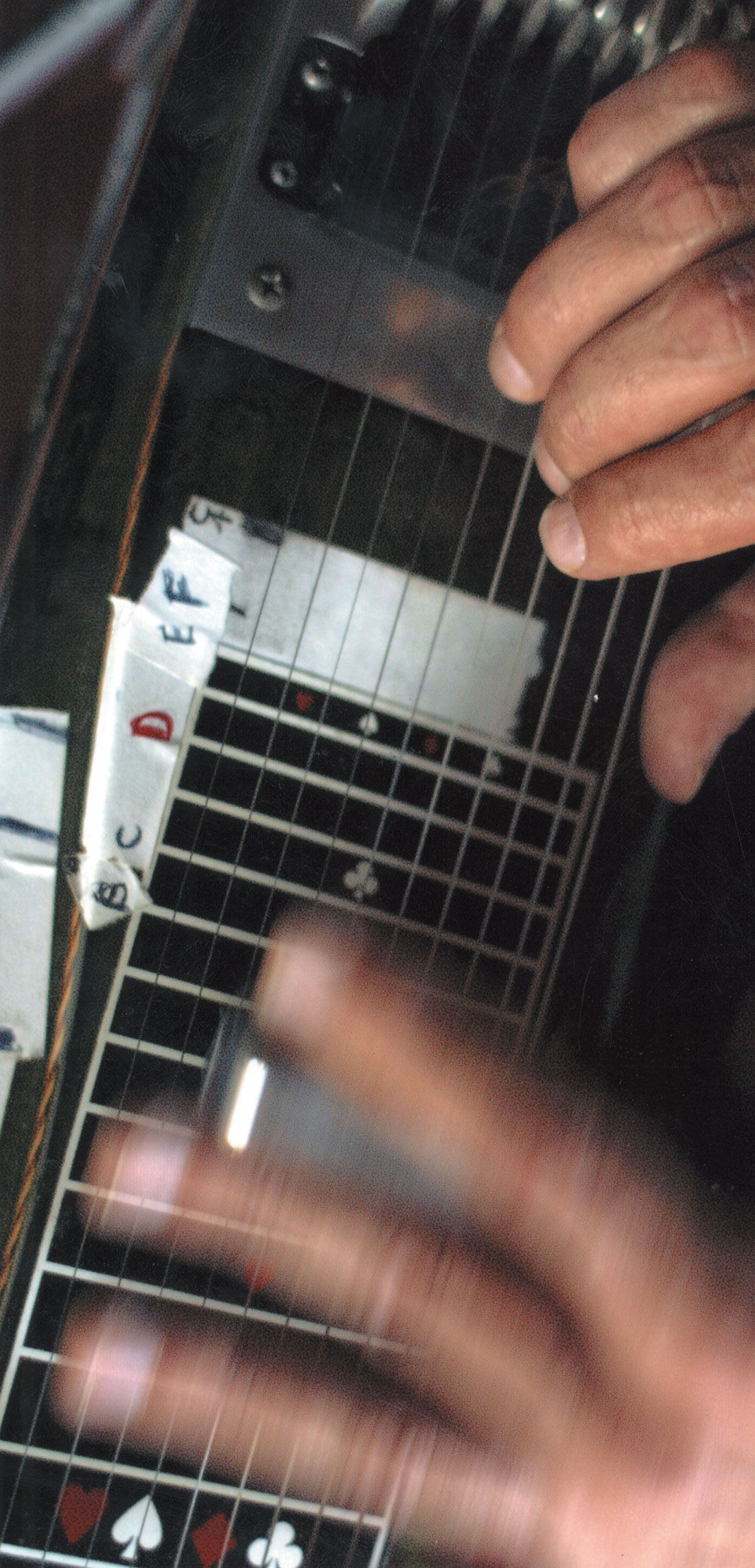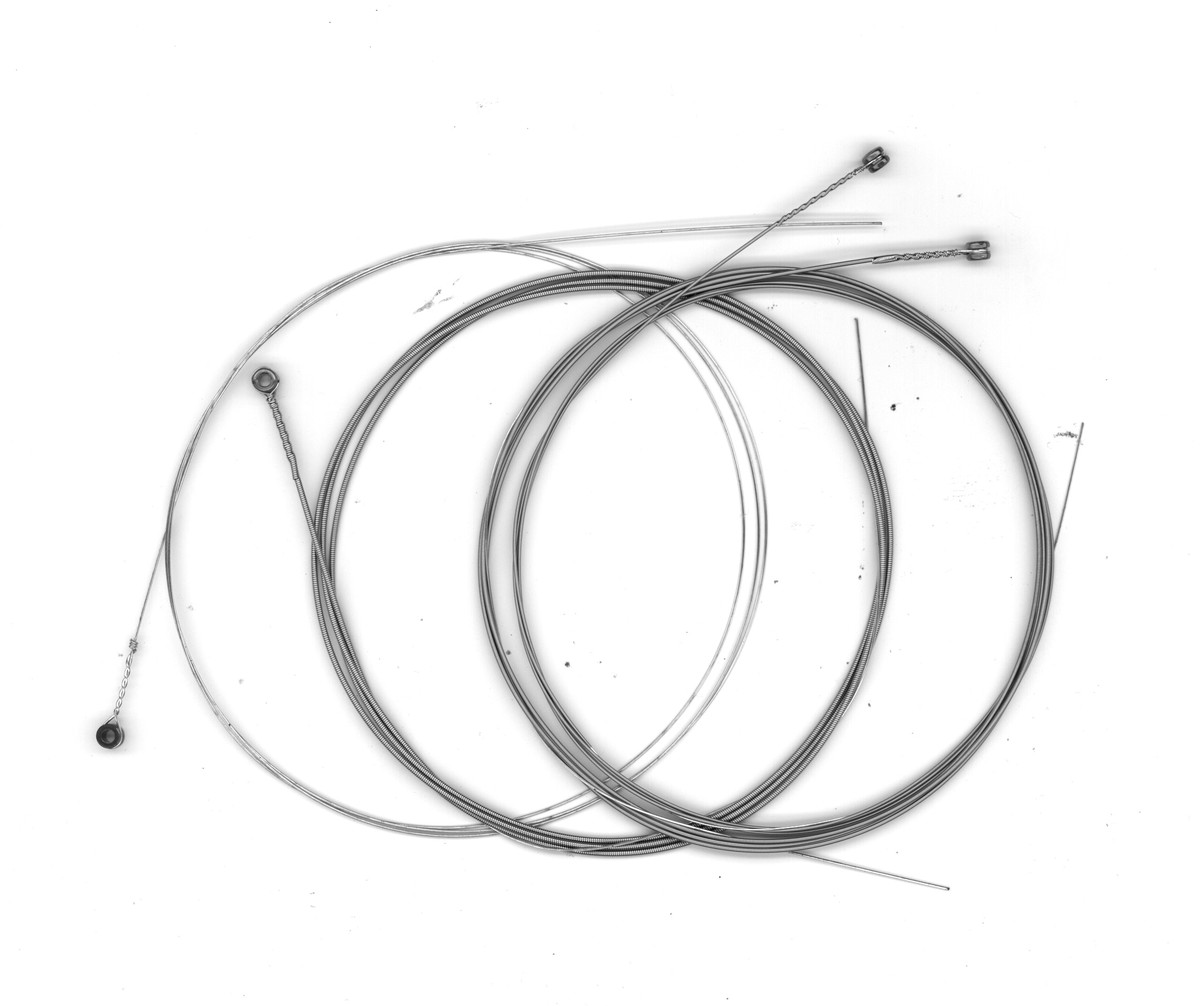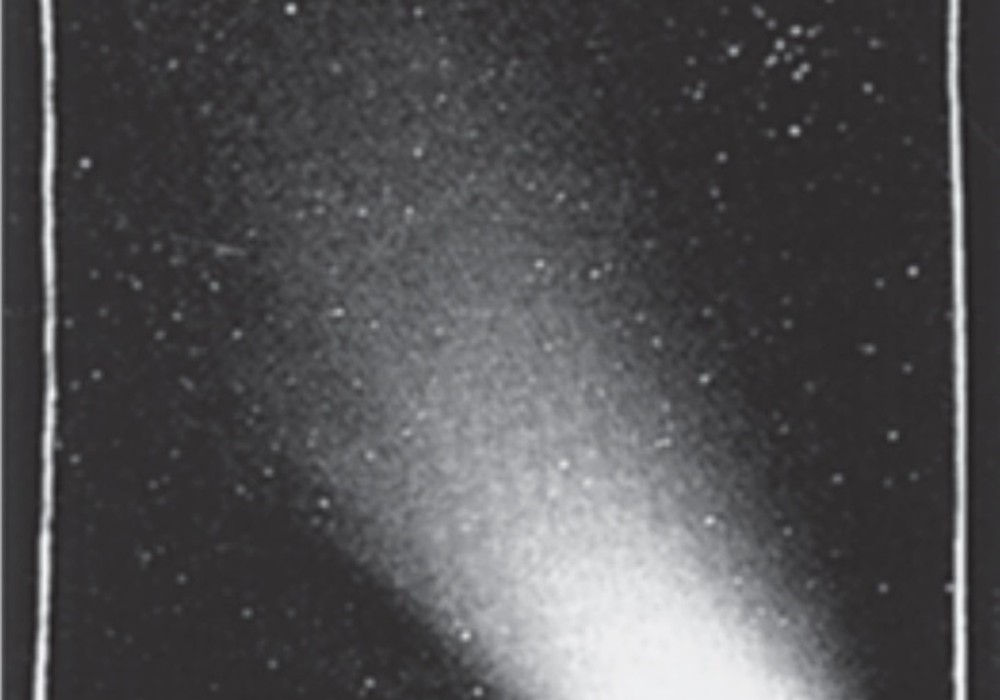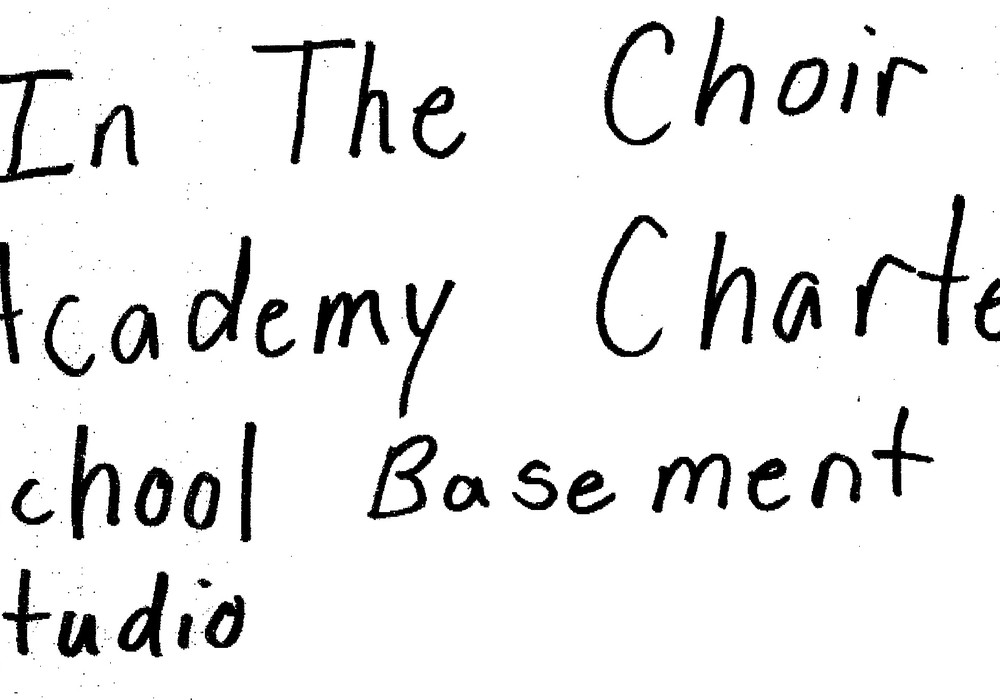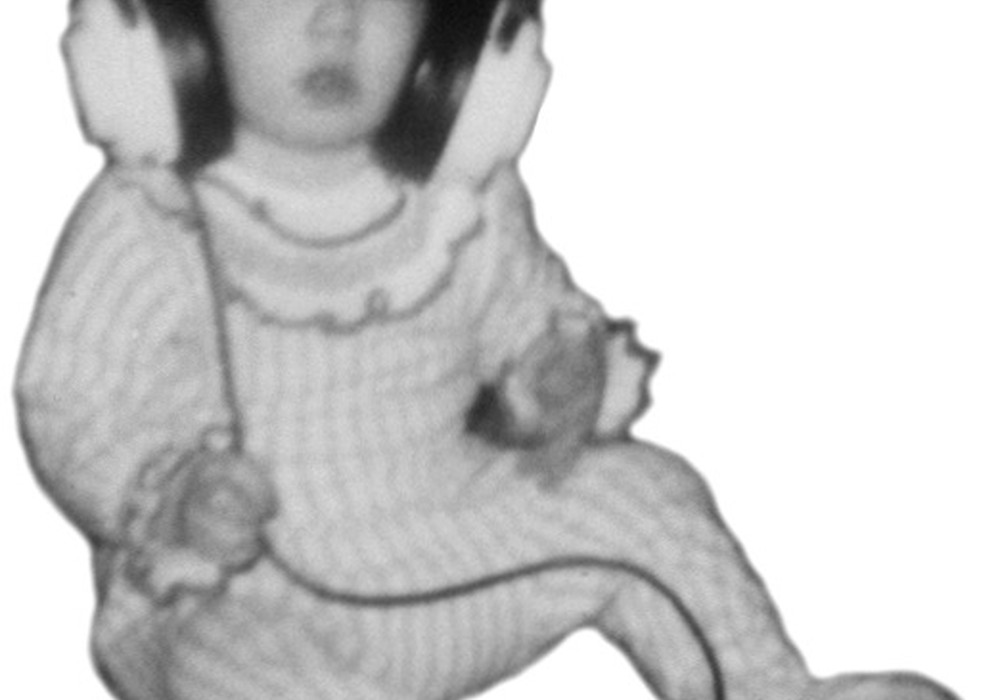Nothing's worse for an artist than being in the middle of a great session and having gear problems. The project can loose momentum and/or the studio can loose billable hours while talent goes on a parts run. Avoid these situations by making building your own emergency supply kit. Here are some suggestions for guitar and drum items to have on hand.
For guitars think about having various strings, singles and packs, in a range of gauges. This includes bass strings. Don't forget acoustic, nylon, and 12-string sets, too. Have a variety of picks on hand. You could even get your logo printed on them. (They'll end up stolen, so at least you'll get advertising!) Acoustic peg pullers and string winders can speed changes. An additional set of tremolo springs is inexpensive. Extra amp tubes aren't cheap but can help in a pinch. Pairs of 6L6s, EL34s, and 12AX7s are good bets. If you replace tubes, remember to remind the owner to get the amp biased as soon as possible. Related items include tuner oil, Allen wrenches, batteries (9 volt), 6" patch cords and a flashlight. Like guitar picks, patch cords have a way of disappearing. We have our cables custom made by Hotwired. They offer a conspicuous vomit green color that makes "accidentally" keeping our cables difficult.
Drum readiness can be a little pricier. Keep a few sets of sticks. (Yes, there are drummers who don't bring sticks!) Common sizes are 5A, 5B, and 7A. Local store "house brand" sticks aren't too bad and will remind the drummer to bring the right ones next time. Have a few snare heads around, batter and snare side. The most common diameter is 14". Have a white-coated batter head and a heavyweight batter. Save broken heads and make muffle rings out of them. Have a plastic box with the following odds and ends: drum keys, washers, snare strainer cord, Vaseline, cymbal felts, duct tape, jelly-type muffles (Moon Gel), kick drum head patches and a few lug rods.
When it comes to charging for supplies, there are a few options. Bigger studios can afford to give items away in exchange for good will. The rest of us need to recoup costs. If you want to charge, have a pre-printed price sheet for your inventory. For some reason, people don't seem to argue when things are written down. You may wish to charge store equivalent prices or add a margin. For our studio I make the talent replace the inventory. That way, I can avoid the whole cost debate. All I need is a replacement for the next emergency.
